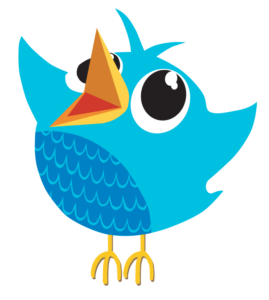Laughlin Children’s Center speech clinician’s specialize in a wide range of childhood communication disorders.
 Our individualized approach focuses on strengthening foundational skills, by inspiring your child to be motivated and engaged. We consider your child’s needs, interests, and use best practices to facilitate progress and success.
Our individualized approach focuses on strengthening foundational skills, by inspiring your child to be motivated and engaged. We consider your child’s needs, interests, and use best practices to facilitate progress and success.
Articulation and Phonological Processes
Also known as speech sound production disorder, a speech sound disorder occurs when a child produces sounds, syllables, or words incorrectly. A phonological process is a strategy used by young children to simplify speech sound production due to not yet mastering the rules of sound structure;
Childhood Apraxia of Speech
This is a motor speech disorder. Children with apraxia of speech have problems saying speech sounds, syllables, and words because the brain has difficulty planning to move the lips, tongue, and jaw voluntarily for speech;
Stuttering
This disorder is an interruption in the flow of speech, characterized by hesitations, interjections, repetitions of words or parts of words, prolongations of speech sounds and blocking of speech;
Voice
A voice disorder refers to the quality of a child’s voice that may include hoarseness, nasality, or loudness level.
Delayed Receptive and Expressive Language
Receptive language is understanding communication that we hear; expressive language is those thoughts and ideas that we speak. Delayed language is a noticeable slowness in the development of vocabulary and grammar necessary for both speaking and understanding others;
Language-Based Learning Disabilities
Identified when problems with age appropriate reading, spelling, and written language exist with average to above average intelligence. Treatment targets the specific aspects of reading and writing that the child is missing such as vocabulary, following directions, phonological awareness and expressing ideas clearly. Difficulty with cognitive communication (thinking skills) would include working memory, problem solving, reasoning and judgment;
Social Communication Issues
Also referred to as a pragmatic language disorder, social communication pertains to the functional use of language. This includes the understanding and application of conversational rules such as maintenance of topic, turn-taking, requesting, and commenting;
Autism
Also known as ASD, autism spectrum disorder is a developmental disability that causes children problems with communication, social skills, and reacting to the world around them.
